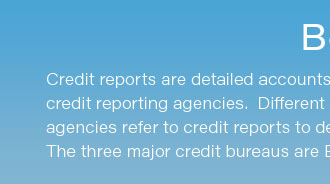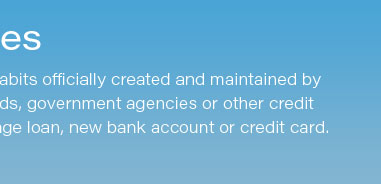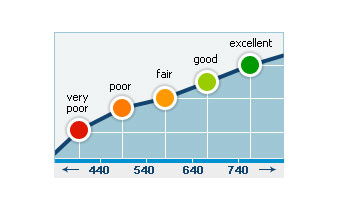 |
 |
 |
|---|
 |
 |
 |
|---|
 |
|
|---|---|
 |
|
 |
 |
 |
|---|
The Importance of Understanding Your Free Credit Report Score
In today's fast-paced financial landscape, understanding one's credit report score is more crucial than ever. The term free credit report score often floats around in financial discussions, yet many people remain unaware of its significance or how to obtain it effectively. Essentially, your credit score is a numerical representation of your creditworthiness, which lenders use to evaluate the risk of lending you money or providing you with credit. Obtaining a free credit report score can provide invaluable insights into your financial health, enabling you to make informed decisions about future financial endeavors.
The process of acquiring a free credit report score is straightforward, albeit surrounded by myths and misconceptions. Various services and websites offer free access to your credit score, often as part of a promotional offer or through a service that requires signing up. It's essential to ensure that these services are legitimate, as the market is rife with scams designed to exploit those seeking financial information. One reliable method is to use annualcreditreport.com, a platform authorized by federal law to provide you with a free credit report annually from each of the three major credit bureaus: Equifax, Experian, and TransUnion.
While obtaining your free credit report score, it's crucial to interpret the data correctly. A credit score typically ranges between 300 and 850, with higher scores indicating better creditworthiness. Scores above 700 are generally considered good, while those above 800 are excellent. However, if your score falls below 600, it might be wise to investigate further and determine the factors dragging it down. Common elements affecting your credit score include payment history, amounts owed, length of credit history, new credit, and types of credit used.
- Payment History: This is the most significant factor, accounting for about 35% of your score. Late payments can severely impact your score, so it’s vital to pay all your bills on time.
- Amounts Owed: High balances relative to your credit limits can negatively affect your score, making it essential to keep balances low on revolving credit.
- Length of Credit History: A longer credit history can improve your score, as it provides more data on your spending habits and reliability.
- New Credit: Opening several new credit accounts in a short period can lower your score, as it suggests financial instability.
- Types of Credit Used: Having a mix of credit accounts like credit cards, mortgage, and installment loans can positively influence your score.
Delving into these components can help individuals pinpoint areas for improvement, ultimately leading to a healthier credit score over time. As we conclude, it becomes evident that understanding and regularly checking your free credit report score is not merely a suggestion but a necessity. It empowers you with the knowledge to manage your financial future proactively, enhancing your ability to negotiate better terms on loans and credit cards, and ensuring that you are not unwittingly falling into a debt trap. In a world where financial literacy is paramount, taking the initiative to understand your credit report score is a significant step towards achieving financial stability and success.
Credit.com provides your free credit score from Experian, updated every 14 days. You can stay up to date with your Credit Report Card.
Submit a dispute if you notice something is inaccurate or incomplete on your credit ...
Don't be fooled by look-alikes. Lots of sites promise credit reports for free. For example, freecreditreport.com offers free weekly credit reports and FICO ...
![]()
